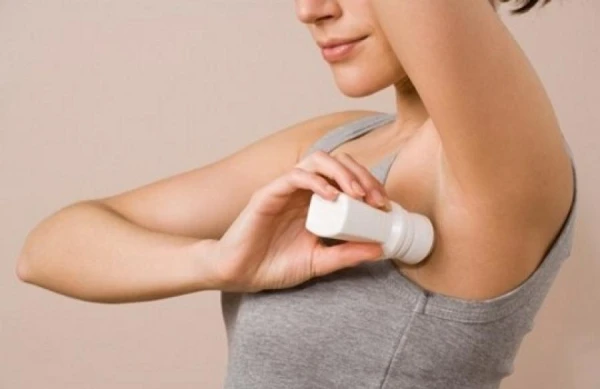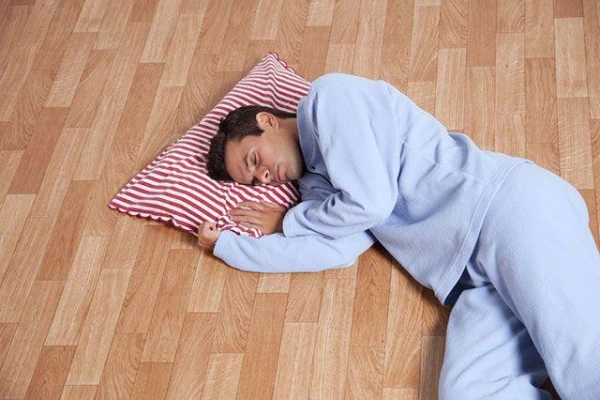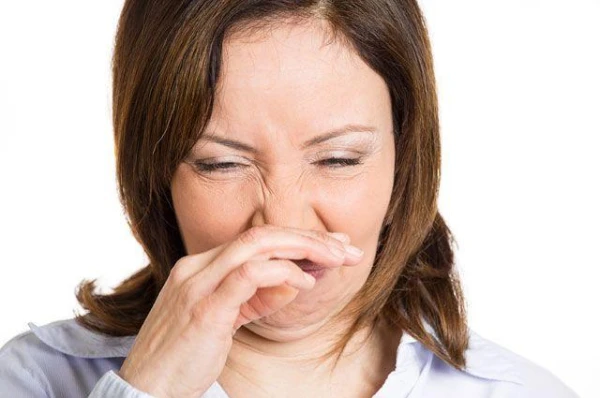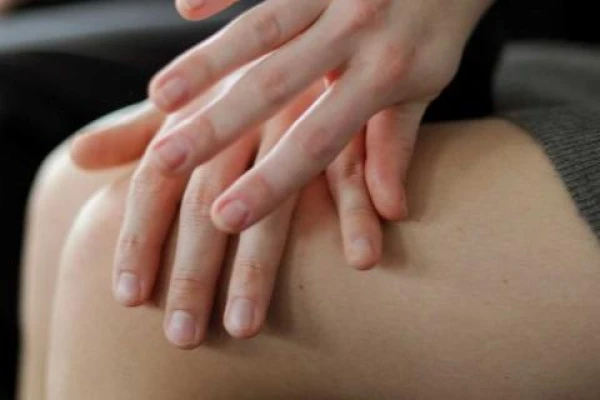
Which deodorant is more effective — stick or aerosol? How to prepare your armpits for applying antiperspirant? Should you use sweat products when going to the gym? We often ask ourselves these and other delicate questions but do not always find answers. Dermatovenerologist and cosmetologist Alexey EDEMTSKY explained in detail what you need to know about using antiperspirants and deodorants to avoid common mistakes and forget about unpleasant odors forever.
1. Do not confuse deodorants and antiperspirants, although many people do. Remember, these are different products. Deodorants are designed to prevent the growth of bacteria that cause unpleasant odors (since sweat itself is odorless) and are used for moderate sweating. Antiperspirants, on the other hand, block the production of sweat itself. However, you should not use them just because "everyone does" or "I want to." Antiperspirants should be used only for significant sweating that causes discomfort.
Additionally, there is a third category of products that is rarely mentioned, as it is intended for the treatment of hyperhidrosis. These are medications containing formaldehyde. If you have decided to become an "aromatic fairy" and have prescribed such a product for yourself, know that this is not the best choice. Serious reasons, such as significant sweating disorders, are needed for its use.
2. On average, deodorants last about 6 hours, while antiperspirants provide a longer effect. One application may last you the whole week. These differences are explained by their composition. Antiperspirants block sweating due to aluminum salts, while deodorants contain various other components. For example, talc, which acts as an adsorbent, or essential oils with a mild antiseptic effect. These substances prevent the growth of bacteria on the skin or mask the unpleasant smell of sweat.
3. If you use deodorant daily for a long time, blocking the growth of bacteria, they may adapt and become more aggressive. As soon as you take a short break, you may notice that the smell of sweat becomes more intense. To avoid this negative effect, use the product for about 1-2 weeks, and then take a break for the same period. This rule applies even to natural cosmetics! It does not matter what exactly we use to suppress bacterial growth — alcohol, antibiotics, or essential oils; in the end, they will adapt to any conditions.
Antiperspirants do not cause such consequences, as they do not affect bacterial growth. Additionally, they are often used once every 3-10 days, meaning they are not intended for daily use. If you do not notice active sweating for three days, there is no need to reapply the product; it is better to return to it in a week when sweating becomes intense again.
4. There are many rumors about aluminum salts in antiperspirants, claiming that they can cause breast cancer and Alzheimer's disease. However, to date, there is no scientific data confirming their real danger when applied to the skin. For cancer or other health issues to develop, one must not just use an antiperspirant but consume it!
If you are still concerned about aluminum salts and have switched to supposedly more natural crystals, I must disappoint you: yes, the crystal is a natural mineral known as alum, but it also contains aluminum.
5. Regardless of whether you use deodorant, antiperspirant, or a treatment product, it should be applied to clean and dry skin. If you haven't washed for a day or even two and then decide to apply deodorant to your armpits, it will not be effective, as ideal conditions for bacterial growth have already been created in that area. Your primary task is to reduce their concentration naturally, that is, to wash.
Also, remember that you should not apply antiperspirants after hair removal. At least a day should pass before you can do so.
6. Deodorant should be applied just before leaving the house. However, if it is a pharmacological product with a high aluminum content or a product with formaldehyde, it should be used for a short time. For example, formaldehyde is applied for only 20-30 minutes, after which it is washed off. Antiperspirants should be used either according to the instructions or, in most cases, applied for about 12 hours, preferably at night, to avoid irritation. Take an evening shower, apply the product, and in the morning wash it off and go about your business with completely dry armpits.
Why at night? If a person has sensitive skin and a tendency to allergic reactions, an unpleasant situation may arise: you applied antiperspirant in the morning on clean, dry skin, and an hour later you sweated because the product had not yet taken effect. As a result, irritation may occur. At night, however, we typically do not sweat, allowing the product to have the necessary effect.
7. Formaldehyde-containing products are recommended for use from the age of 16. Finding similar information on over-the-counter antiperspirants can be challenging. If such information is absent, it usually means they can be used from the age of 12.
8. Stick forms are considered the most effective. Due to their close contact with the skin, they can deliver the maximum amount of active ingredients.
Moreover, effectiveness also depends on the concentration of aluminum salts in the antiperspirant — the higher it is, the better the result. It can be roughly said that in mass-market products, the concentration ranges from 10 to 20%, while in pharmacy products, it ranges from 15 to 35%. But these are just approximate figures.
9. When you go to the gym, it is better not to use anything at all. I remind you that fresh sweat itself does not have an odor, so there is no need to fear that you will emit an unpleasant aroma and people will start running in different directions. No, for an odor to develop, at least 4-6 hours must pass. By the way, fresh sweat contains pheromones, and there is nothing wrong with that; on the contrary, you can use them to find your soulmate at the gym.
10. The presence of hair in the armpits creates excellent conditions for the life of microorganisms and their active reproduction, which, in turn, increases the smell of sweat. Hairless armpits can be easily rinsed with water to prepare them for applying deodorant or antiperspirant. However, if you have hair, a simple rinse will not be enough; use soap or shower gel, meaning you should conduct more thorough hygiene.















Leave a comment